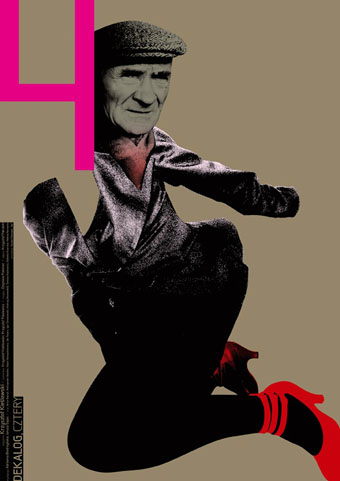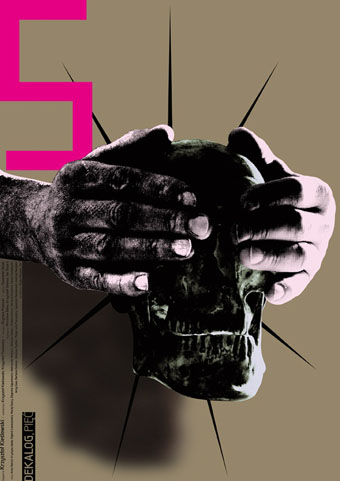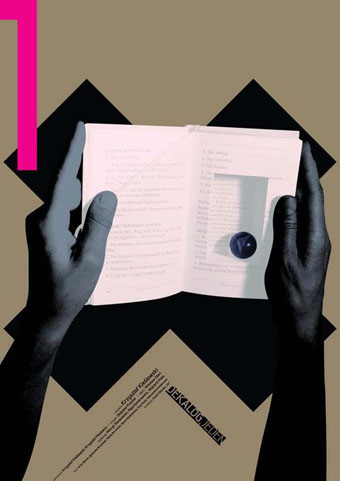
One of the pleasures of our age of cultural plenitude is the opportunity to immerse yourself in entire filmographies. I did this recently with almost all of Wes Anderson’s films (I skipped Bottle Rocket, and I still haven’t seen Asteroid City); last week it was the turn of Krzysztof Kieslowski, with a run through four of his Polish films—The Scar, Camera Buff, Blind Chance and No End—followed by the final quartet of The Double Life of Veronique and the Three Colours Trilogy. This week I’ll be working my way through Kieslowski’s Dekalog, a cycle of ten hour-long films that I’ve had on disc for years but not watched all the way through for some time.
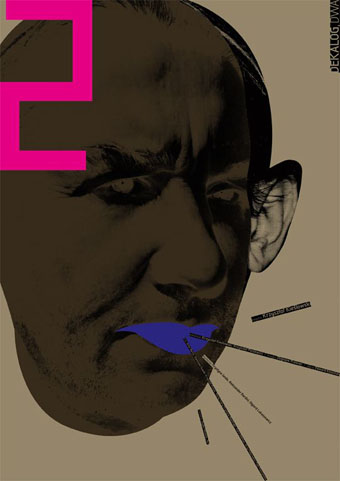
Dekalog (or The Decalogue) is a series that Kieslowski made for Polish TV in 1988, although subsequent acclaim for the cycle (famously from Stanley Kubrick) has seen it treated as a work of cinema in its own right, albeit one that few people are likely to watch in a single sitting. Two of the films were also expanded to feature length and released individually as A Short Film About Love and A Short Film About Killing. Each film concerns different inhabitants of the same housing estate, with the problems they face (or that they create) being related to one of the Ten Commandments. None of the Commandments are named as such, we’re left to guess from the numbers which is which. I imagine this would have been more obvious to an audience in Poland where Catholicism remained a dominant presence despite the disapproval of the Communist authorities. I was dragged through the Catholic church as a child but I still couldn’t list all the Ten Commandments today without cheating. Kieslowski’s films aren’t as dourly moralistic as this structure might suggest. Ironic circumstance was one of his persistent themes, his characters usually find their desires thwarted or fulfilled in ways they didn’t anticipate at all. Fate, rather than the hand of God also plays a part, dramatically so in Blind Chance where we see three different futures for a young student running to catch a train.
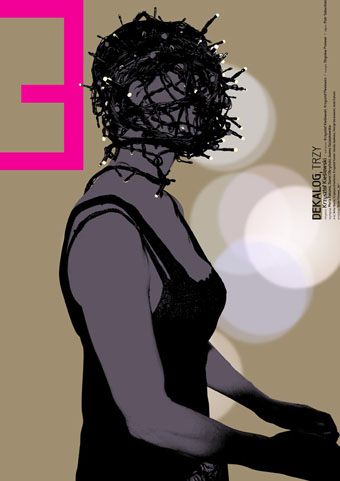
Ewa Bajek-Wein’s posters turned up when I was searching for designs by Andrzej Pagowski, an artist responsible for many of the Polish posters for Kieslowski’s films, including the two Dekalog features. Bajek-Wein’s designs, created for a 2009 reissue of the cycle, continue the Polish tradition of original and unorthodox approaches to the cinema poster which extends in this case to the graphics as well as the artwork. Titles and other credits on 20th-century Polish posters were often casually hand-lettered, with the details pushed to the margins. The artwork here maintains the elusiveness of the theme; if you don’t know which number relates to which Commandment you’re left to guess from the picture. Films five and six are easy enough to decipher but I’ll be looking up the titles of the rest before I watch them again.
